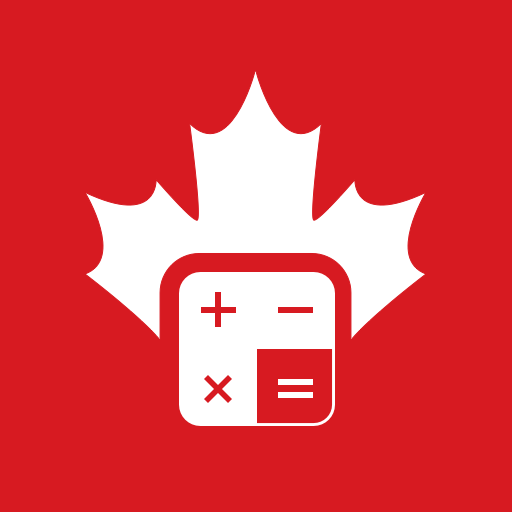Canadian government is a strong advocate of keeping families together, one of the objectives of Canadian government is to see families together in Canada. The applications under family sponsorship such as sponsoring your spouse is given highest priority. Spousal Sponsorship must be sponsored by a Canadian citizen or permanent resident either inside or outside Canada by the spouse, common-law or conjugal partner. Once application is approved authorities will issue the applicant’s spouse Visa and confirmation of permanent residence.
Applicant once they land in Canada before the expiry of their visa will become permanent resident. For the applicants inside Canada, once the application is approved their status will change from temporary to permanent and also have the option of applying open work permit while the application is in process. Applicant outside Canada has the option of applying visitor visa to meet the loved one.
Sponsor Eligibility & Minimum Income Requirements
You can become a sponsor if you are:
- A Canadian citizen, a person registered in Canada as an Indian under the Canadian Indian Act or a permanent resident,
- At least 18 years old.
- Living in Canada:
- If you’re a Canadian citizen living outside Canada, you must show that you plan to live in Canada when your sponsored relative becomes a permanent resident.
- You can’t sponsor someone if you’re a permanent resident living outside of Canada.
You must also be able to show that you can provide basic needs for:
- yourself,
- your spouse or partner,
- your spouse or partner’s dependent child(ren) (if applicable).
- your dependent child(ren) (if you’re sponsoring only your dependent child).
Note: In most cases, there is no low-income-cut-off (LICO) for spouse, partner or dependent child sponsorships. However, if either a spouse or partner you’re sponsoring has as dependent child who has dependent children of their own, or a dependent child you are sponsoring has a dependent child of their own, you must meet a minimum LICO score, which is determined by the Canadian government each year. If you must meet LICO requirements, you must include a Financial Evaluation (IMM 1283) formwith your application.
You may not be able to sponsor if you…
- Signed an undertaking for a previous spouse or partner and it hasn’t been three years since they became a permanent resident,
- Receive social assistance for a reason other than disability,
- Previously sponsored someone and did not pay back any social assistance that they received while the undertaking was in place.
- Are in default on an immigration loan or a performance bond.
- Did not pay court-ordered alimony or child support.
- Have declared bankruptcy which has not been discharged.
- Were convicted of
- An offense of a sexual nature,
- A violent crime,
- An offense against a relative that caused bodily harm or
- Threatened or attempted to commit any of the above
offenses—depending on the nature of the offense, how long ago it happened, and if you received a pardon.
- Were previously sponsored as a spouse, common-law or conjugal partner and became a permanent resident of Canada less than five years ago,
- Are under a removal order,
- Are in a penitentiary, jail, reformatory or prison,
- Have already applied to sponsor your current spouse or partner and haven’t received a decision.

